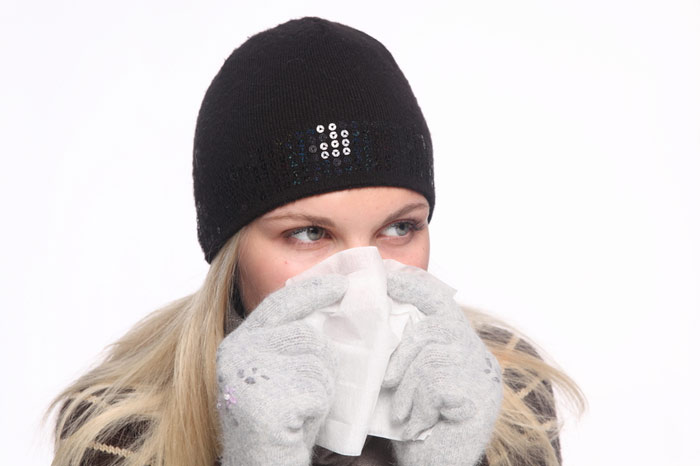Restraining yourself in calories is a very risky business in the period of raging flu and SARS. This is the conclusion that the researchers from the University of Michigan, USA, have drawn. They established that the people, who followed a diet or consumed low-calorie foods in adverse climatic conditions during the year, could greatly undermine their health.

The scientists’ conclusion was based on the results of experiments with laboratory mice. During a few days, the rodents were kept on a low-calorie diet, while others received their full diet. Next, they were placed in an environment in which the animals were at risk of infection. The doctors clarify that caloric restriction implied the reduction in calories by 40% compared to normal diet, while maintaining normal amounts of vitamins and minerals.
The result of the collision with a harsh environment was as follows. During the infection period, the mice initially received few calories – they were longer sick and lost much of their weight; they were more likely to die from the infection than those who received a normal diet. The researchers found that the immune system of the animals that did not get enough calories produced too few killer cells to fight disease pathogens. These cells are produced by the body to destroy pathogens in a situation when you face an unknown virus. In human bodies, they are produced to protect us against diseases and are particularly important in the initial stages of infection control.
According to the researchers, the season of colds and flu is an additional stress factor for the human body. To cope with it, the body needs additional reserves, which it draws from nutrients. Therefore, it is of great importance for a person to eat well when the risk is high.
According to doctors, adults can limit their calorie intake during eight months of the year, but during the remaining four months, which coincide with the seasonal flu, it is better to return to nutritious food.
They remind that vaccinations protect against the flu, but they are designed only for certain types of the virus, while people may face a completely different kind of disease.










